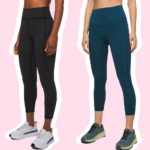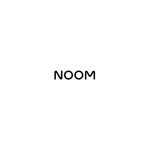Exclusive Discount | 10% Off Sitewide - Verified

Special Offer | Up To 40% Off Sale Items

Student Discount | 10% Off Your Order

Buy And Save Up To 15% On Swimsuits

Enjoy Free Shipping On All Orders

10% Off Your First Order When You Sign Up

Fashion, much like an everlasting tune, frequently revisits its most enchanting elements. In the sphere of stage presence, few periods evoke as much lasting allure and theatrical style as retro fashion. From the vibrant twenties to the disco explosion of the seventies, each decade presented a distinct aesthetic that continues to inspire artists and enthrall audiences today. So, revive your vintage aspirations and let’s explore the mesmerizing realm of retro stage fashion!
The Roaring Twenties: Flapper Elegance and Jazz Age Glamour
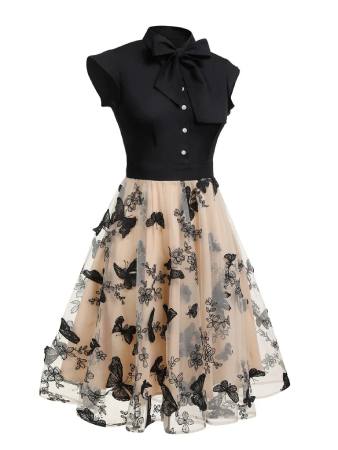
The Jazz Age was characterized by freedom and exuberance, and its stage fashion mirrored this spirit. Imagine flapper dresses embellished with sparkling sequins, beads, and fringes that danced with every Charleston move. Headbands adorned with feathers and jewels introduced a hint of bohemian sophistication, while long pearl necklaces and T-strap heels rounded out the quintessential look. For men, sharply tailored suits, often double-breasted, paired with slicked-back hair and an air of confidence epitomized stage presence. This era celebrated movement, brilliance, and a bold sense of liberation.
The Golden Age of Hollywood: Elegance and Dramatic Lines
The 1930s and 40s marked the Golden Age of Hollywood, where stage fashion became synonymous with refined glamour. Floor-length gowns crafted from opulent materials like satin and velvet, often featuring dramatic draping, cinched waists, and shoulder pads, defined the style of leading ladies. Picture Rita Hayworth in a form-fitting gown or Marlene Dietrich in a chic pantsuit. Men radiated charm in impeccably fitted tuxedos and dinner jackets. This period highlighted sophistication, grace, and a hint of theatrical flair.
The Rock 'n' Roll Revolution: Leather, Denim, and Defiance
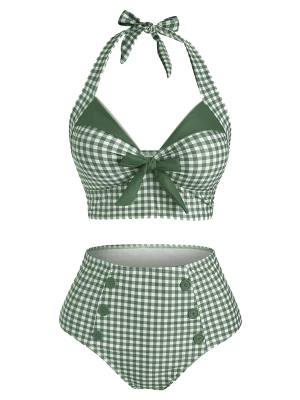
The 1950s marked a transformative era with the emergence of rock 'n' roll, leading to a more daring and rebellious approach to stage fashion. Women sported poodle skirts, saddle shoes, and snug sweaters, often accessorized with bright scarves. Meanwhile, men adopted leather jackets, fitted jeans, and pompadour hairstyles as their signature style. This period celebrated youthful vigor, personal expression, and a spirit of defiance.
The Swinging Sixties: Vibrant Hues and Mod Culture
The 1960s burst forth with a vibrant mix of colors, geometric designs, and youthful exuberance. Women showcased the mod style with mini skirts, go-go boots, and lively shift dresses, reminiscent of Twiggy's famous look on stage. Men favored slim-cut suits in bold shades, patterned shirts, and the emerging trend of longer hairstyles. This decade was characterized by boundary-pushing fashion, innovative silhouettes, and a playful spirit of experimentation.
The Disco Inferno: Sequins, Bell Bottoms, and Elevated Footwear
The 1970s dazzled with an explosion of sequins, glitter, and unabashed glamour. Both men and women embraced bell bottoms, jumpsuits, and halter tops made from eye-catching fabrics. Platform shoes added height and flair, while voluminous hairstyles and striking makeup completed the disco-inspired look. This era was all about freedom, dancing until dawn, and embodying a vibrant, larger-than-life identity.
Embracing Retro Stage Fashion Today
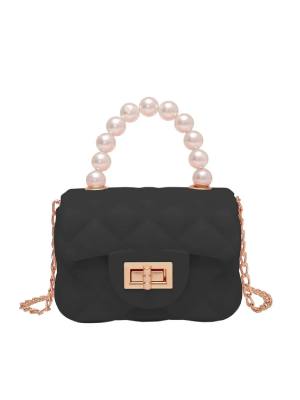
The charm of retro stage fashion is its enduring allure. Whether you are a performer aiming to evoke the spirit of a particular era or simply in search of inspiration for a distinctive and engaging stage presence, integrating vintage elements can bring an unmistakable vibrancy to your look. Consider the following:
Genuine Vintage Garments: Finding authentic vintage clothing can enhance your appearance with a sense of originality and a unique narrative.
Retro-Inspired Styles: Numerous modern designers take cues from previous decades, providing contemporary takes with updated silhouettes and materials.
Essential Accessories: Even minor references to the past, such as a bold necklace, a vintage-style hat, or a particular type of footwear, can create a powerful impression.
Hair and Makeup: Remember that hair and makeup play a crucial role in completing your retro aesthetic.
Retro stage fashion transcends mere clothing; it embodies the essence and vitality of a past era. It’s about narrating a story through your wardrobe and enchanting your audience with a hint of timeless elegance. So, embrace the past and allow the allure of retro fashion to shine on your stage!


